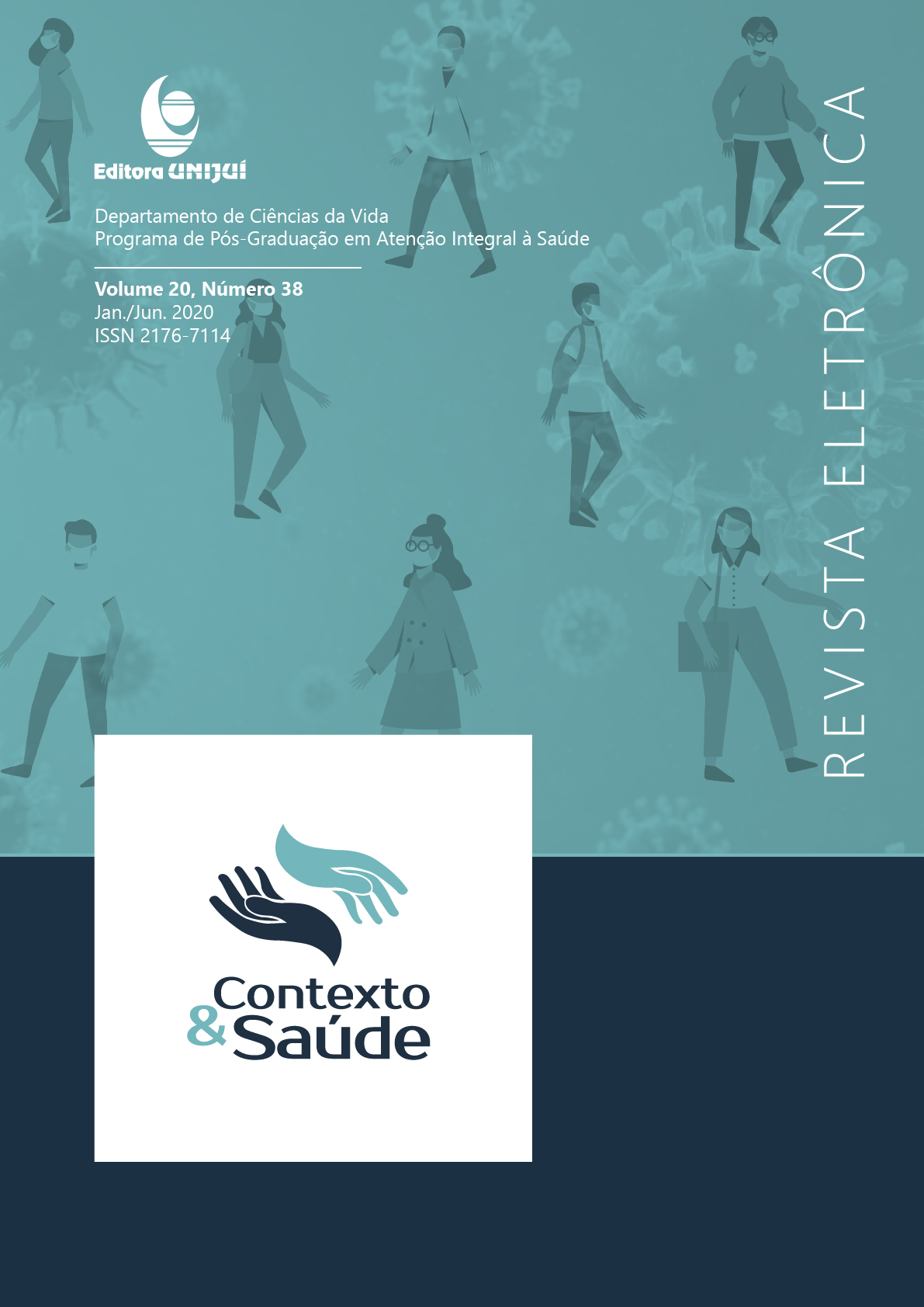COMPREENDER AS REPRESENTAÇÕES SOCIAIS NA DEPRESSÃO PÓS-PARTO NAS REDES SOCIAIS
DOI:
https://doi.org/10.21527/2176-7114.2020.38.200-209Keywords:
Postpartum Depression. Family. Social Networks. Cheers.Abstract
This paper aims to understand the social representations of postpartum depression in social networks. This research is qualitative, exploratory, and documentary, researched through facebook posts and comments, within groups on postpartum depression. From the reports of online mothers, an analysis corpus was formed with the aid of IrAmUteQ 0.7 software. From this corpus, a descending hierarchical classification was performed. The results show that the social representations of postpartum depression in social networks bring the idea that the lack of support among family members, family conflicts, the presence of psychological distress or chemical dependence in the family and the lack of bond are variables that would influence in the occurrence of postpartum depression, which refers to the relevance of family and social support as a health promotion strategy. In this sense, social and health programs should take into account the presence of the family in the process of promotion and prevention in women's health.
Downloads
Published
How to Cite
Issue
Section
License
By publishing in Revista Contexto & Saúde, authors agree to the following terms:
The works are licensed under the Creative Commons Atribuição 4.0 Internacional (CC BY 4.0) license, which allows:
Share — to copy and redistribute the material in any medium or format;
Adapt — to remix, transform, and build upon the material for any purpose, including commercial.
These permissions are irrevocable, provided that the following terms are respected:
Attribution — authors must be properly credited, with a link to the license and indication of any changes made.
No additional restrictions — no legal or technological measures may be applied that restrict the use permitted by the license.
Notes:
The license does not apply to elements in the public domain or covered by legal exceptions.
The license does not grant all rights necessary for specific uses (e.g., image rights, privacy, or moral rights).
The journal is not responsible for opinions expressed in the articles, which are the sole responsibility of the authors. The Editor, with the support of the Editorial Board, reserves the right to suggest or request modifications when necessary.
Only original scientific articles presenting research results of interest that have not been published or simultaneously submitted to another journal with the same objective will be accepted.
Mentions of trademarks or specific products are intended solely for identification purposes, without any promotional association by the authors or the journal.
License Agreement (for articles published from September 2025): Authors retain copyright over their article and grant Revista Contexto & Saúde the right of first publication.

